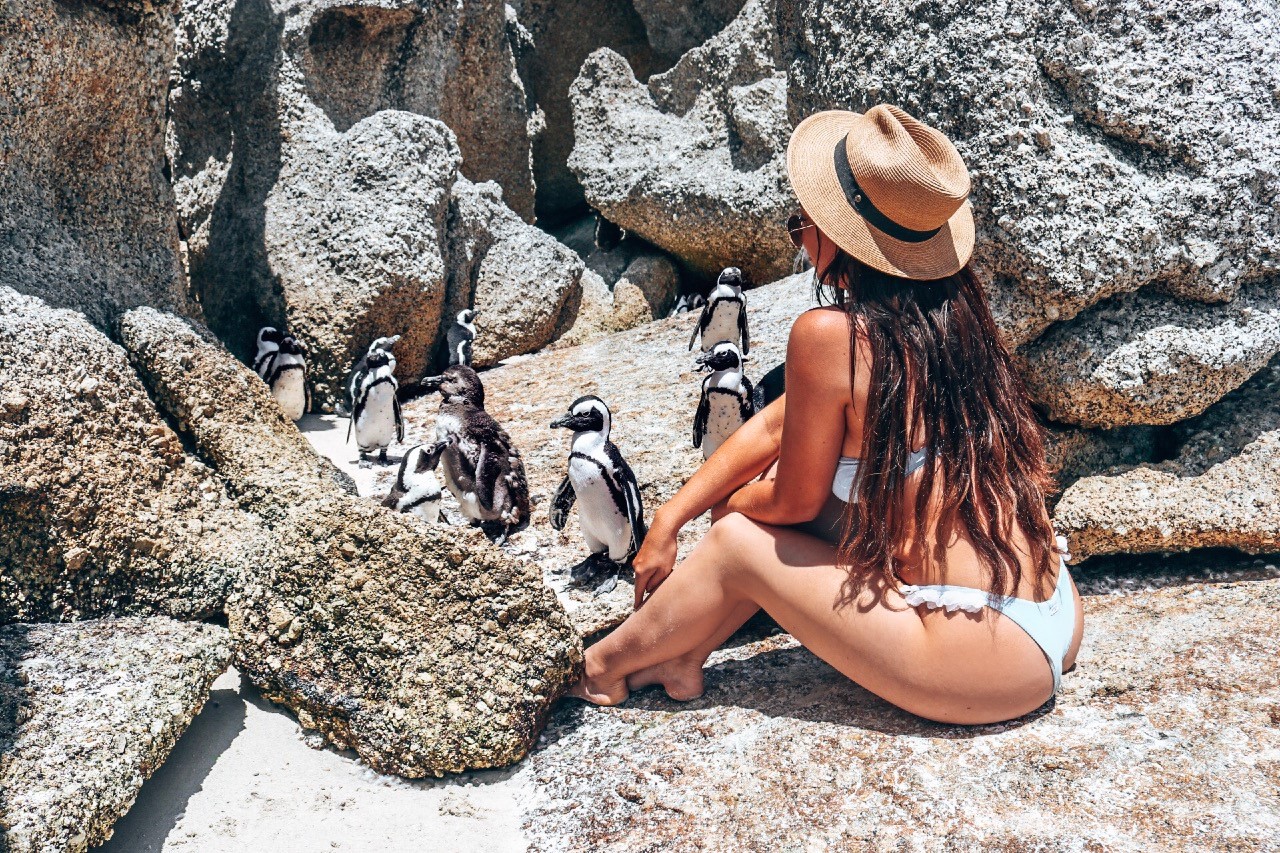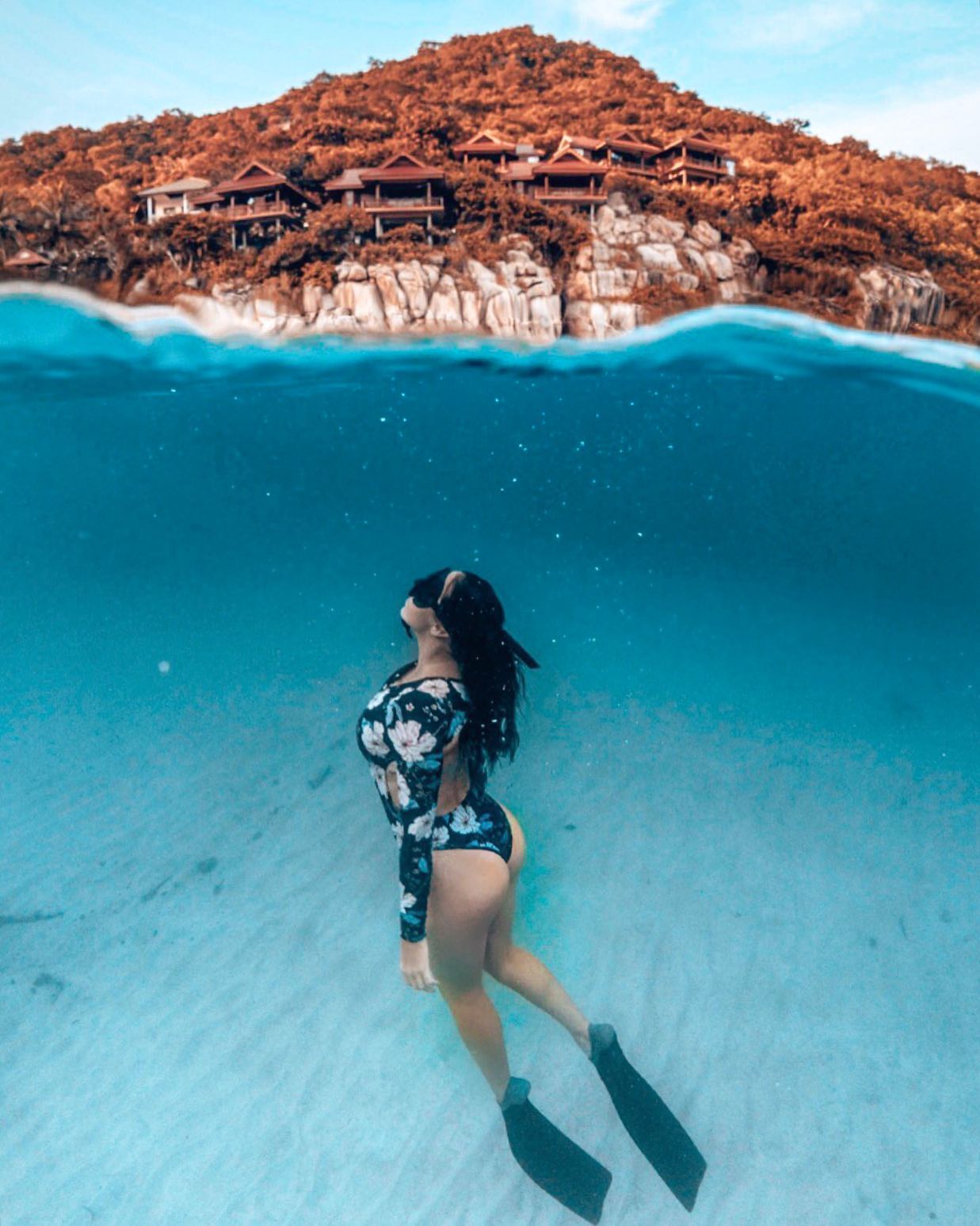
An Apology For Using Unethical Animal Experiences
I’ve grown so much in the 18 months since I started traveling. I’m genuinely not the same person anymore. Although it’s been a relatively short time since I began my travel journey, I can feel the positive change in me. Exponential growth from new experiences, new people, new countries…
But one thing has always remained the same. I adore animals.

When I was little, I started a club at my school called “All Animals” where we hung out at recess with our stuffed animals and talked about anything pertaining to animals. We were very young so this ranged from anything like “Wow aren’t puppies cute” to “I want to be a dolphin trainer someday” to “Maybe we can ask our parents to donate some of our allowance to the World Wildlife Fund” and “Someday, when I’m a grown up- I’m going to go to AFRICA!!”
We had the best intentions, even though we called the group “AA” for short. Unaware that this was already the name of a very different kind of group. Little Emily could never understand why when I told people I started an “AA’ chapter at my elementary school, it was met with raised eyebrows. Oops.

Fast forward a decade and I’m about to start traveling. Again, with the best intentions. When I think about traveling to new countries, I can’t help but get excited about the wildlife there. Elephants? Zebras? Dolphins? So many amazing species we (obviously) don’t have in Minnesota.
And this is where I made a mistake…
Years ago, I swam with dolphins.
In Egypt, I briefly posed for a photo with a crocodile in captivity.
I fed an elephant at a place that offered elephant rides.
And I regretfully attended Running of the Bulls.
While many travelers do these things, I know better now. When I first began traveling I genuinely thought activities like “swimming with dolphins” were experiences that looked after animal’s welfare. I was uneducated about animal tourism and naively optimistic that people wanted to treat animals with care the way I did.
But after just one morning at Running of the Bulls, I learned the truth. I genuinely had not looked into the festival very much and simply knew it was a tradition going on for hundreds of years in Spain. Sounds cool right? Wrong. Because cruelty is not culture worth preserving. These poor bulls are tortured leading up to the festival and then die a slow, painful death for a cheering crowd. I won’t get into the details here but check out this article Peta wrote: 11 Reasons to Take the Running of the Bulls off Your Bucket List.
And while I wanted to partake in a street festival in Spain, the treatment of the bulls was something I simply couldn’t tolerate. I deleted my blog post about Running of the Bulls which I had published before attending and spent my time in Spain at the Stoke Travel Surf Camp in San Sebastian Spain instead.

Committing to a new lifestyle: ethical animal experiences ONLY and a vegetarian lifestyle.
So after the guilt I felt in Spain for being in Pamplona, I knew I could do better. I didn’t want to be someone who contributed to the harm or torture of helpless animals. You can visit a country and ethically experience it’s wildlife without forcing an animal to suffer. In fact, some of my best travel experiences have been from ethical animal encounters like safaris in Africa!

The New Standard for Animal Tourism
Rules for Ethical Animal Encounters:
- Animals must be free from discomfort with access to an appropriate environment for their size.
- Animals should be free from hunger or thirst with access to fresh water and an appropriate diet.
- Free to express normal behavior by having enough space, interactions with other animals of their own kind and proper care/facilities.
- Proper handling allowing animals to disengage from direct contact whenever they wish.
- Animals should be kept safe from any mental suffering, fear or distress.
- No direct contact with big cats- such as big cat walking, selfies with drugged big cats etc.
- No marine animals in captivity for entertainment purposes.
- Absolutely no elephant riding (while it may seem harmless, they trained and beat with a bull hook).

By following these rules for ethical encounters, there are still THOUSANDS of experiences you could have with animals while traveling. In the last 18 months, I’ve had a wide variety of wonderful, ethical encounters!
Ethical Animal Encounters I Have Enjoyed While Traveling
- Swimming with wild whale sharks in Mexico while maintaining a safe distance (Read about it here)
- Seeing elephants, giraffes, zebras, lions and hippos in their natural habitat while on a safari in Africa (Read about it here)
- Observing wild sea lions in Mexico in their natural habitat
- Sunbathing by the wild penguin colony in their natural habitat on South Africa’s Boulder Beach (Read about it here)
- Airboat tours in Florida’s Everglades National Park – spotting wild alligators in their natural habitat
- Boat tours of the Louisiana Bayou to see alligators in the wild, not a cage
- Whale watching in California (Read about it here)
- Tiger safari in India at Ranthambhore National Park (Read about it here)


Airbnb’s Ethical Animal Encounters
After giving ethical animal encounters abroad a lot of thought, I was thrilled to see Airbnb coming out with a new section of their site and mobile app.
Airbnb Animal Experiences is a new program that will allow travelers to join in on more than “1,000 experiences co-hosted by over 300 species and their human advocates around the world,” Airbnb said in a statement.
Airbnb is upping the standard for the treatment of animals affected by tourism and I couldn’t be more thrilled. Time to say goodbye to unethical animal experiences!
Sign up for $15 Off Your First Ethical Animal Encounter of $50 or more with Airbnb for first time users!

Vegetarian Lifestyle
Why did I make the decision to go vegetarian?
- Compassion for animals: I truly believe nothing humane happens in a slaughter house and often times, animals endure terrible living situations while being raised for slaughter. So for my own personal beliefs, I will commit to 100% ethical animal encounters and refrain from eating meat. And I encourage you to research any animal experience to find out if it’s ethical before committing!
As difficult as it can be to come forward and say you made a mistake, I hope this can inspire you to be more ethical in your animal experiences abroad.
It’s a new year, time to do better for our animal friends 











One Comment